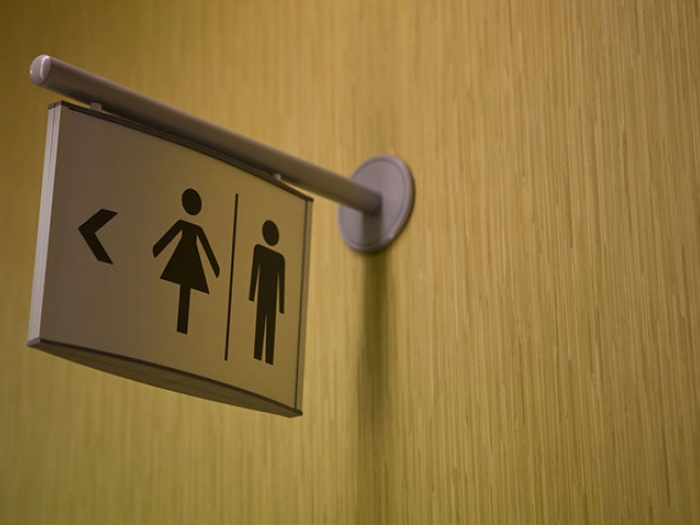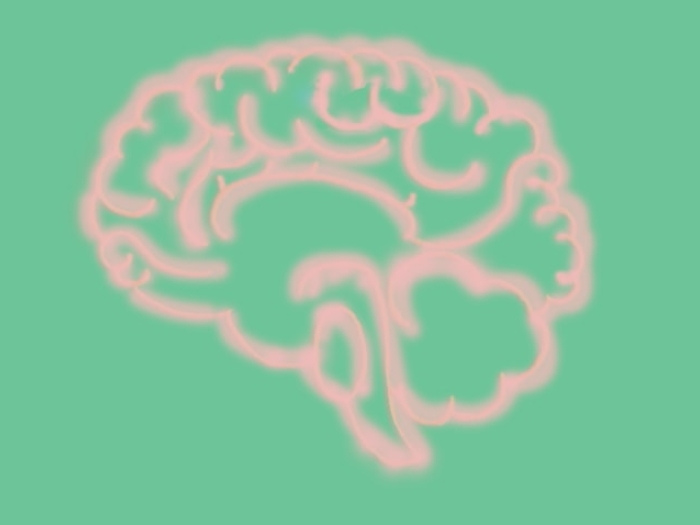Because no two Parkinson’s disease patients are alike, a Michigan Medicine neurologist encourages patients to consider conventional and alternative treatment options.
5:00 AM
Author |

When Michigan Medicine neurologist Chauncey Spears, M.D., speaks to his patients with Parkinson's disease, he likes to make one thing clear: No two patients with Parkinson's disease are exactly alike.
"There may very well be similarities between given patients, but every patient is unique," he says. "Everybody is very different in their overall needs, as well as in their responses to treatments and medications."
For this reason, when it comes to the topic of alternative therapies for treating Parkinson's disease, Spears believes that patients are the best educators. "There may be that one patient on the Internet who responds remarkably well to marijuana, but that may not be the case for the next person," he says.
Spears also wants to clear the air on how he views alternative therapies: Not as a last resort for PD patients, but as a diverse group of medical therapies, interventions, treatments, practices or products that don't fall under the category of conventional Western treatment practices.
MORE FROM MICHIGAN: Sign up for our weekly newsletter
"Too often, patients believe that alternative therapies are a doctor's way of saying, 'We've exhausted all conventional measures. One last desperate option is to put you on an alternative medicine.'"
This, he says, is not the case.
"The term alternative therapies implies that they are really in opposition to conventional therapies for Parkinson's disease." Because of this, Spears prefers the term "complementary and alternative therapies." Many alternative therapies, he says, "can be used together with conventional therapies for PD."
In the U.S. alone, approximately 40% of PD patients have tried some form of alternative therapy for the treatment of their symptoms. In Eastern countries, this number rises to about 75%, Spears says.
WATCH: Dr. Chauncey Spears discusses using alternative therapies in Parkinson's Disease.
Complementary and alternative therapies are broad and can include chiropractic methods, homeopathy, music, acupuncture and naturopathy as well as nutritional and herbal supplements. Mucuna pruriens, for example, is an herbal supplement that replaces lost dopamine with a compound called L-DOPA. Because Parkinson's disease is characterized by a gradual loss of dopamine, it makes sense that the L-DOPA in Mucuna pruriens can be used as a natural replacement to help with a patient's stiffness and tremors.
"Mucuna pruriens is a therapy that can be effective, especially for mild symptoms of Parkinson's disease," says Spears. "However, patients with severe symptoms often find that traditional medication tends to be more effective and reliable."
Of the complementary and alternative therapies well researched, Spears says, "Exercise is hands down the best alternative therapy for patients with Parkinson's disease."
He uses the Theracycle as an example of a popular option for PD patients.
"Theracycle uses a principle called forced rate exercise that really gets your heart pumping. Forced rate exercise can result in improvement in a PD patient's speed and range of movement."
But Spears is quick to point out that any exercise that gets your body moving and your heart rate up is effective.
LISTEN UP: Add the Michigan Medicine News Break to your Alexa-enabled device, or subscribe to our daily updates on iTunes, Google Play and Stitcher.
The use of medical marijuana to treat Parkinson's symptoms is another topic Spears is often asked about.
"We know that approximately one-third of patients with Parkinson's disease have tried medical marijuana or cannabis at some point in their disease," he says, noting that Parkinson's disease only recently made the list of conditions for which medical marijuana is permitted in the state of Michigan.
However, Spears advises, "Marijuana itself has not been shown to provide significant benefit in those with Parkinson's disease and does carry a real risk of side effects. However, its CBD subcomponent does have distinct neurobiological properties that really demand further study for safety and efficacy, so that providers can know whether they can utilize this in a safe and effective way. We're just not there yet."
No matter what complementary alternative therapy his patients consider exploring, Spears encourages them be proactive.
"Whether it's with conventional therapies prescribed by your doctor or alternative therapies, we want you to be actively involved in determining the treatment options you feel will work best for you."

Explore a variety of health care news & stories by visiting the Health Lab home page for more articles.

Department of Communication at Michigan Medicine
Want top health & research news weekly? Sign up for Health Lab’s newsletters today!





